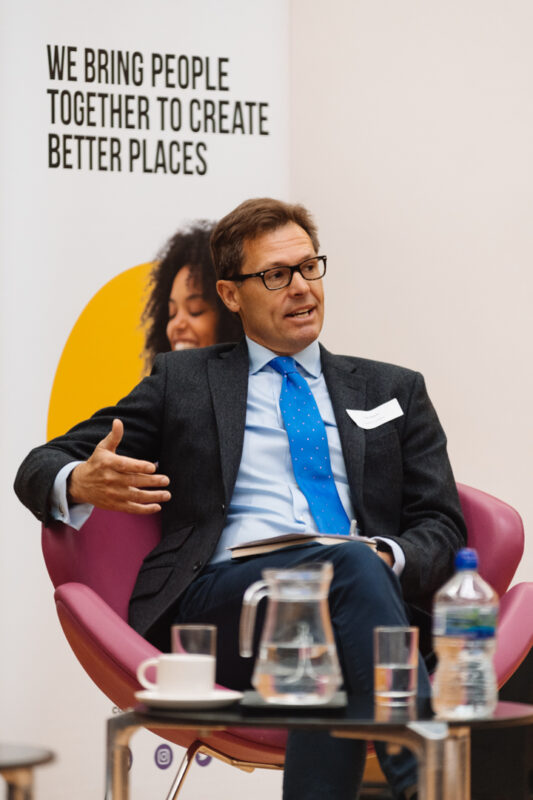
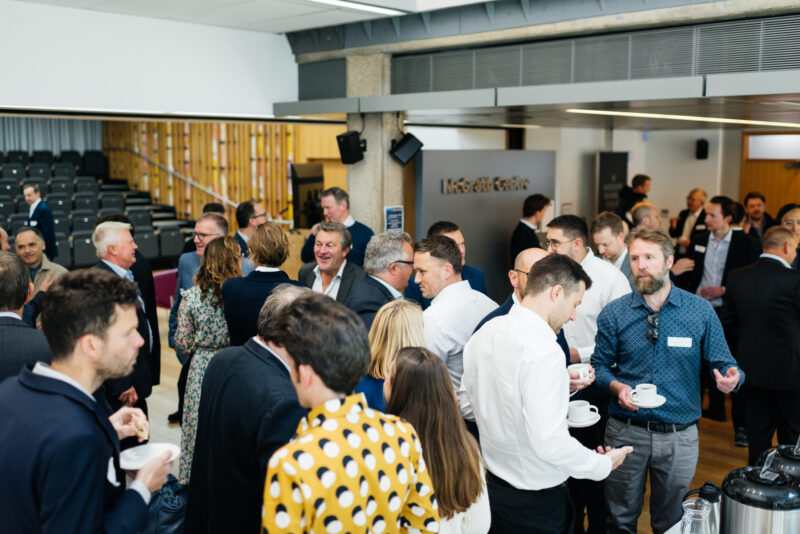
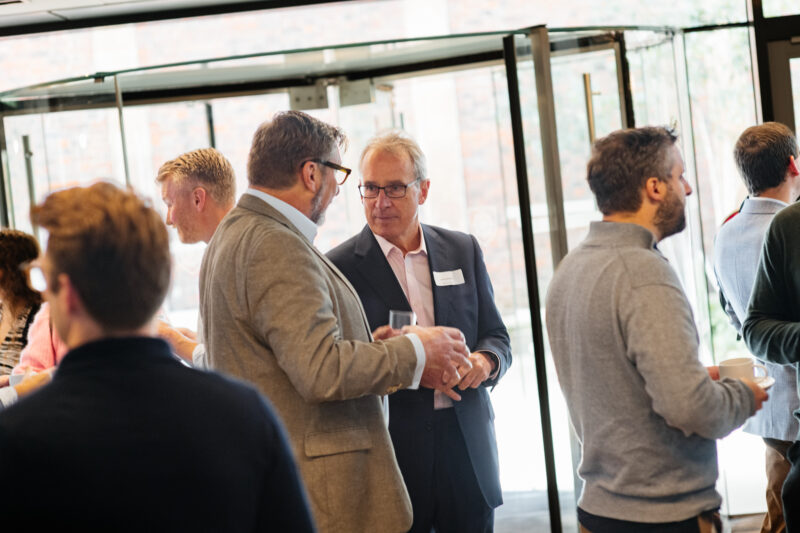
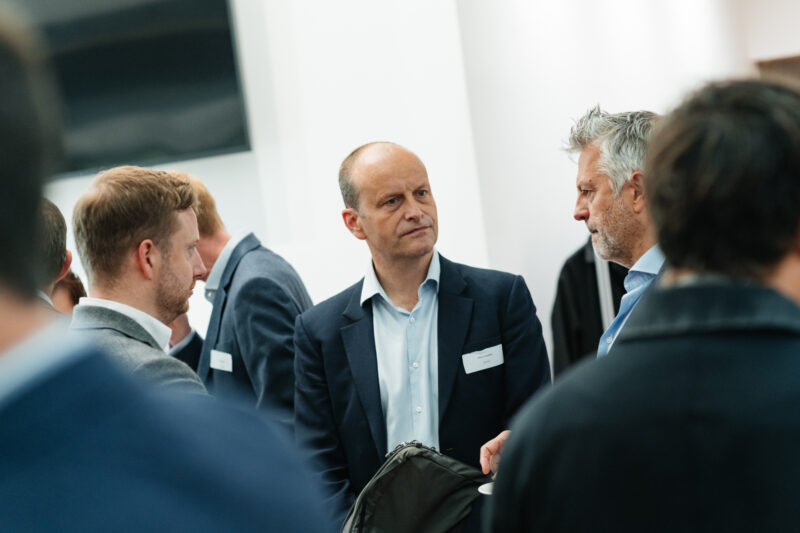
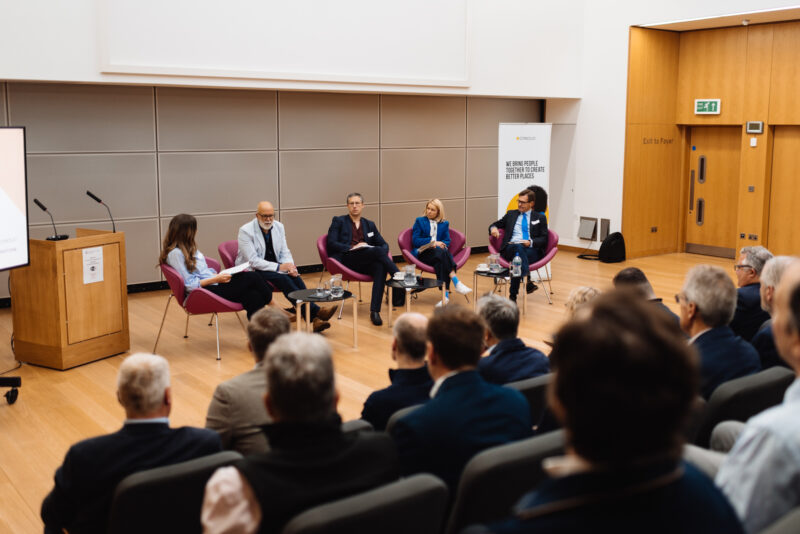
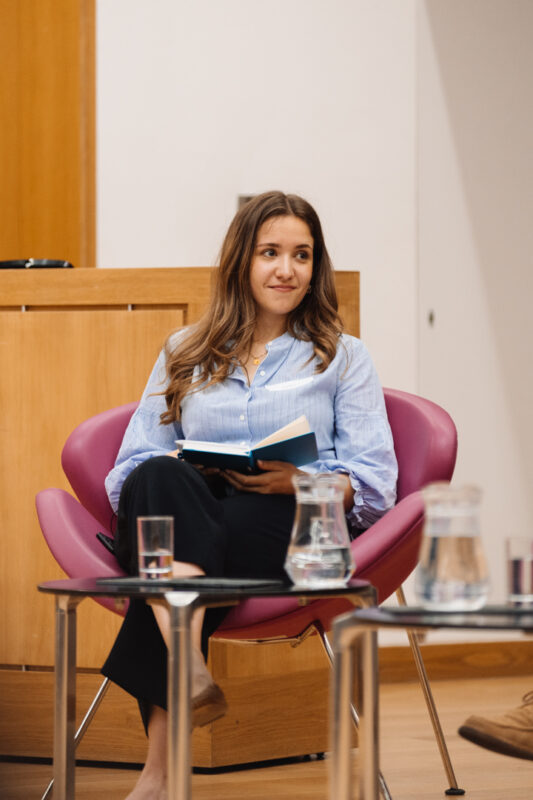
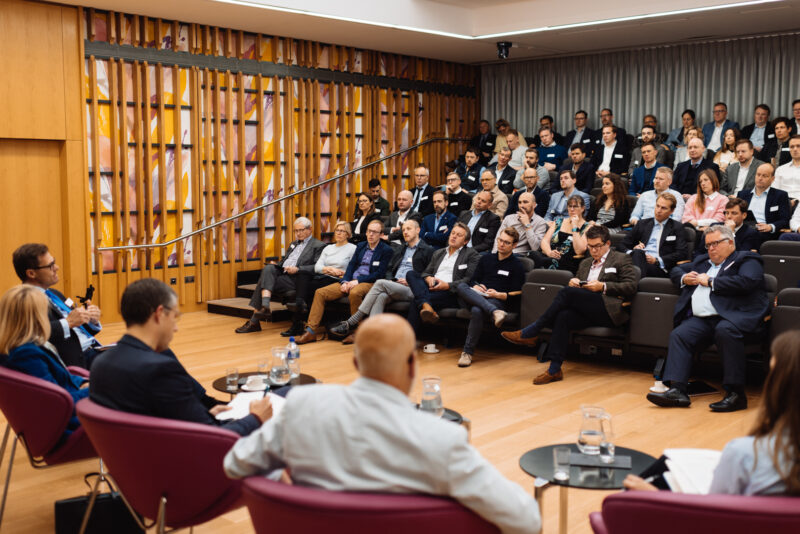
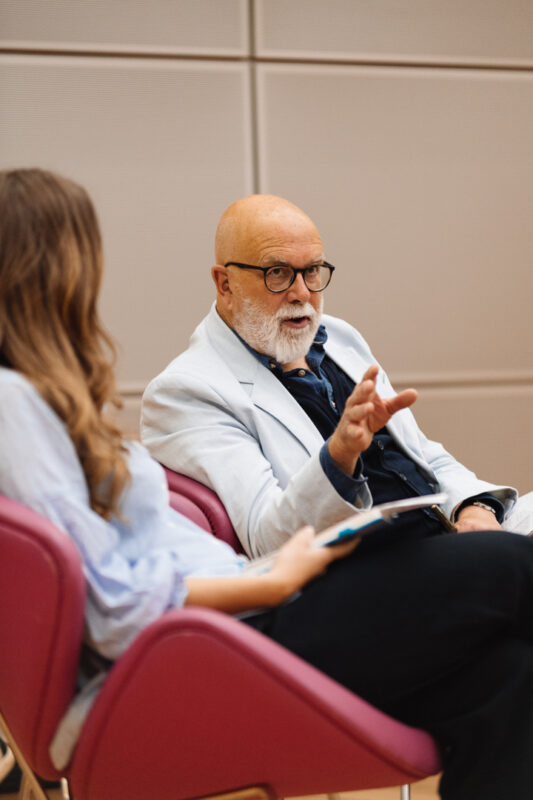
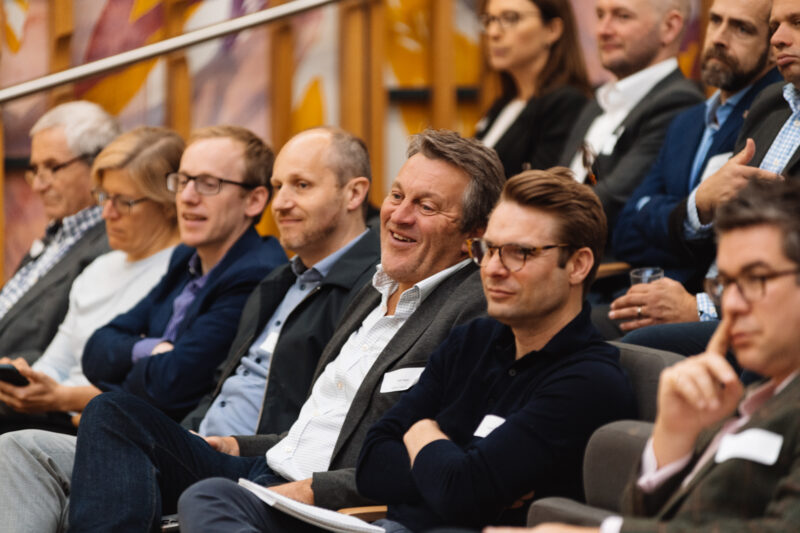
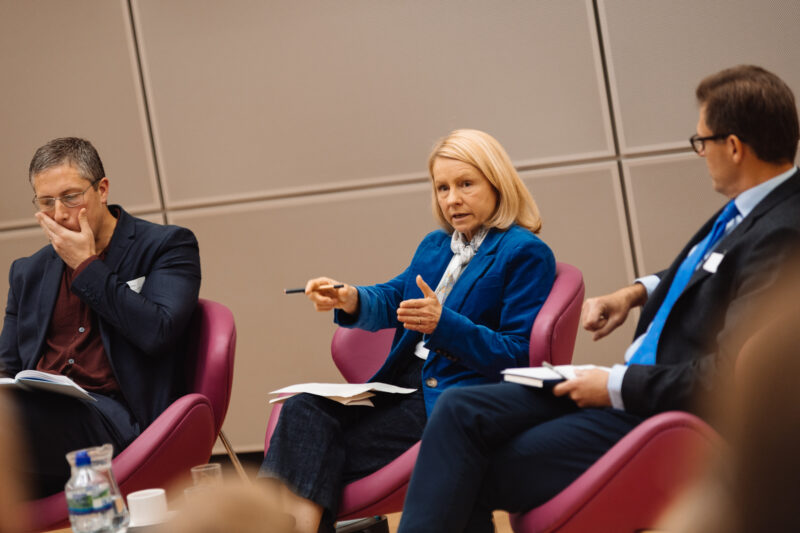
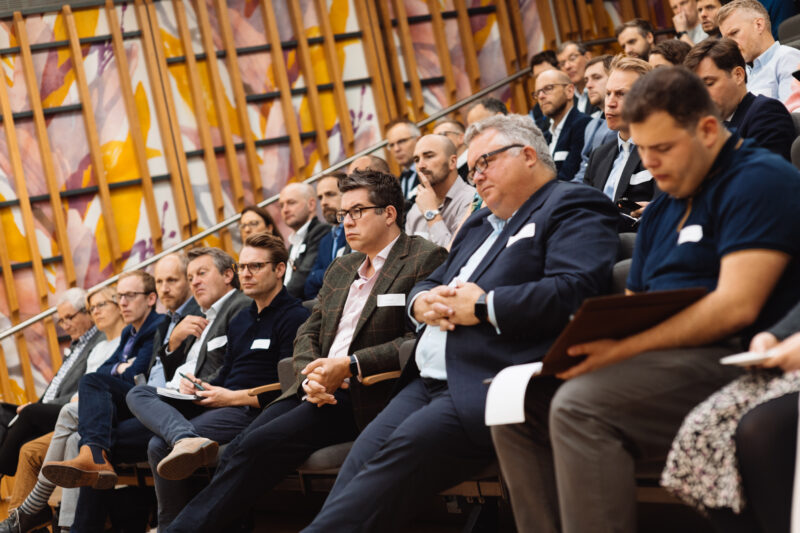
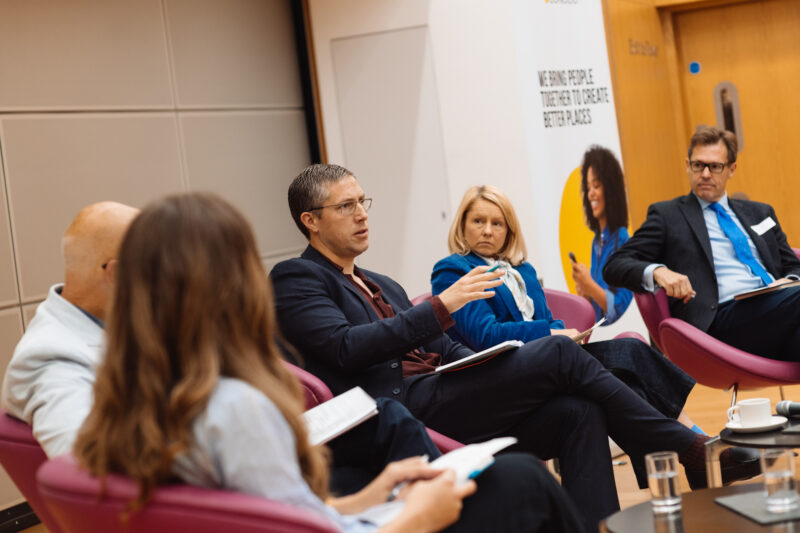
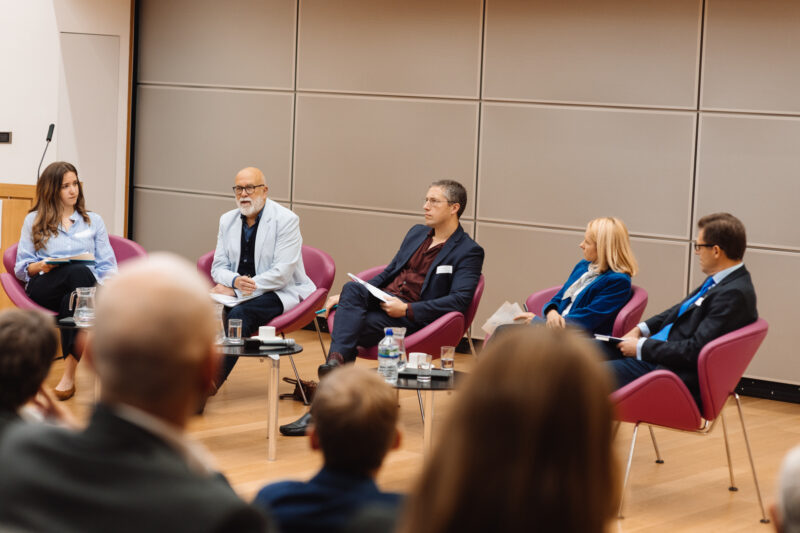
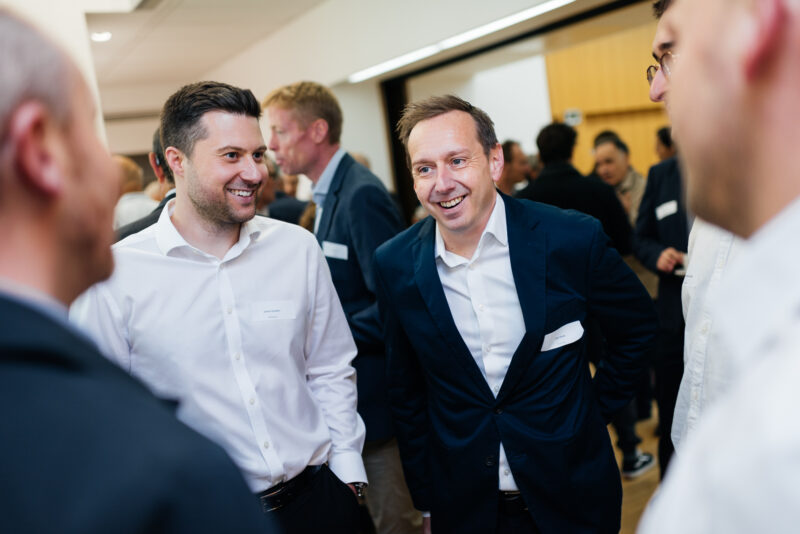
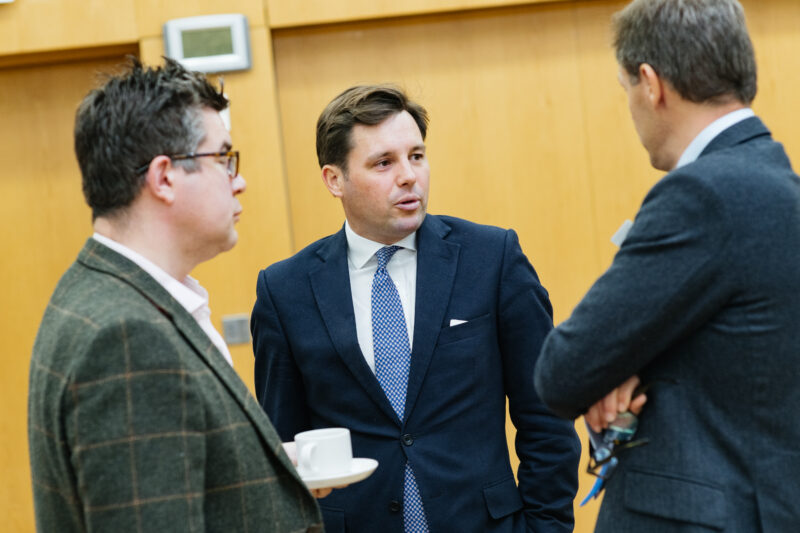
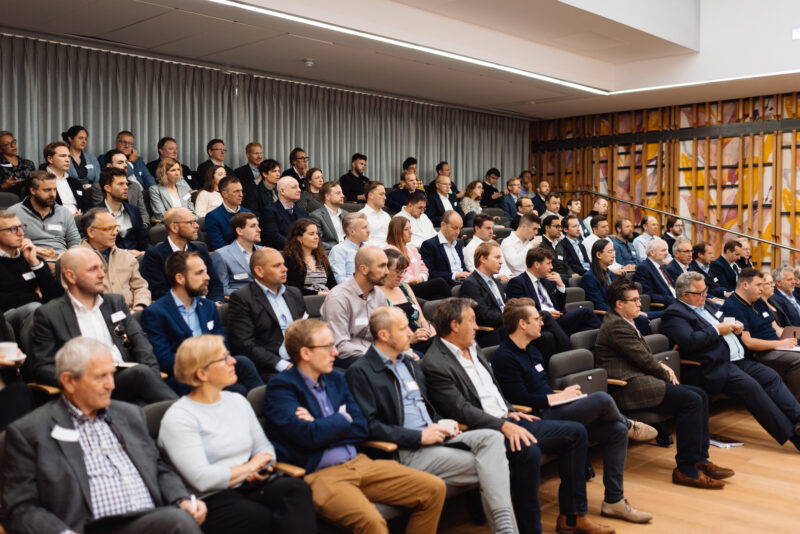
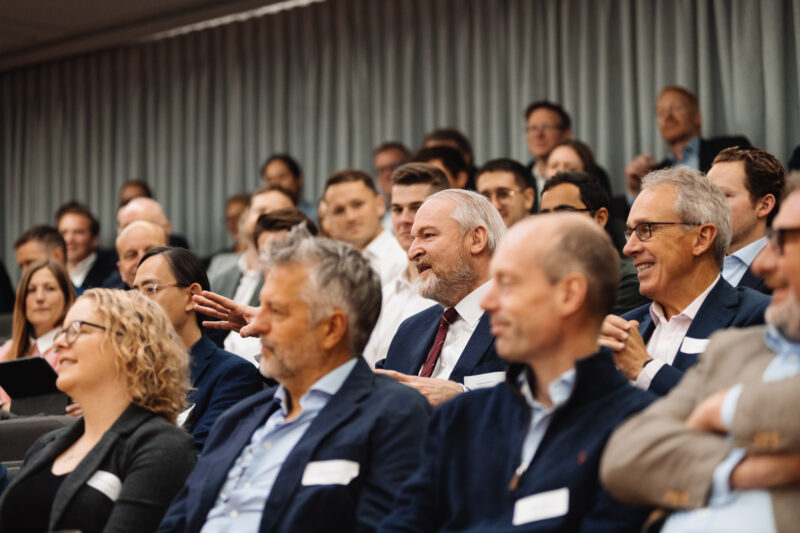
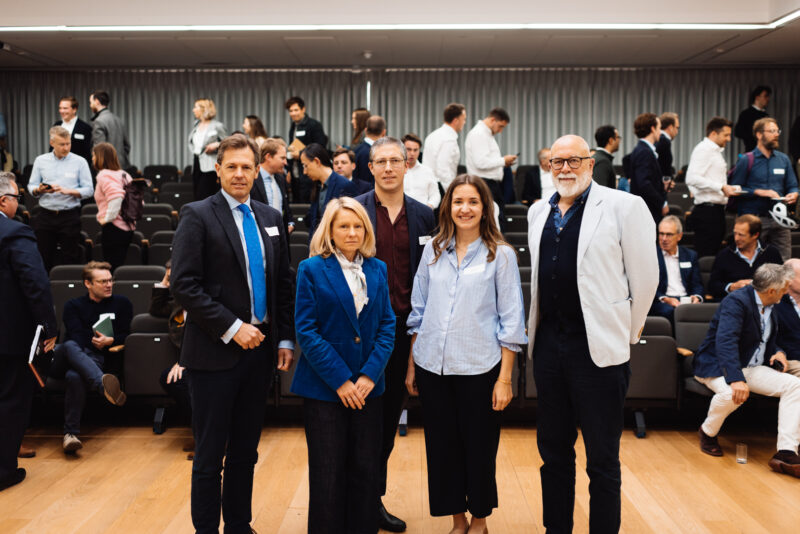
The breakfast seminar, held on 13th June 2024 at St Catherine’s College hosted with Concilio, examined the future growth aspirations for Cambridge and the next Government’s role in realising that vision.
An audience of over 100 real estate stakeholders heard from Cllr Mike Davey, leader of Cambridge City Council, Kathryn Chapman, Executive Director of Innovate Cambridge, Nick Kirby CEO of Cambridge Biomedical Campus and Tim Deacon from Turnstone Estates, chaired by Katie Brown from Concilio.
The focus of the discussion was what is needed to unlock future growth in Cambridge in a manner that delivers for all existing residents, attracts the talent needed to enable the continued success of the local economy and gives businesses confidence to invest in the City and its surrounds.
Kicking off the discussion, Katie asked how the current Government’s aspirations for up to 150,000 new homes fit with the Council’s vision for Cambridge, noting how the plan appeared to catch everyone by surprise when first unveiled last July. Reflecting on Michael Gove’s bombshell announcement, Cllr Davey likened it to ‘dropping a glass vase in a quiet room’, with the Secretary of State’s intention to ‘shock’ the Treasury into action to support growth in the region. He acknowledged that Cambridge would be central to future growth, noting that discussions with the Cambridge Delivery Group (CDG) were progressing positively and emphasising the importance of addressing existing transport connectivity issues.
Keeping with the theme of housing, Nick Kirby was asked about the driving force behind the recently produced Cambridge Biomedical Campus Housing Study, which sets out the campus’s need for an additional 20,000 new homes, including between 14,000-16,000 affordable homes, to support future expansion. In response, he stated that affordable homes would be needed for their workers and echoed Mike Davey’s points around the need to improve transport connectivity, noting that the new Cambridge South Station would go some way to addressing this issue but that more would be needed to be done to unlock future housing.
Focusing on affordability, Cllr Davey noted that it would be important for the Council to be flexible, with council housing a core element of this, alongside helping young people to find a route on to the housing ladder. However, he emphasised that this would need to include more than simply providing housing, with development needing to be vibrant and offer cultural facilities. Nick Kirby added that the answer will be to embrace placemaking and find new ways that we can get places to work.
Moving the discussion on, Dr Kathryn Chapman was asked what she would be looking for from any future plans for the City. Kathryn stressed how Innovate Cambridge is about business alongside housing and that providing the right housing next to good transport links was crucial for the success of business growth. Dr Chapman also stated a desire to see more Unicorn companies coming from Cambridge, as well as fostering vocational and technical brilliance to go along with the academic excellence that Cambridge is known for.
Tim Deacon was asked for his perspective, as someone in the development industry, on what he would be looking for from a future Government. Circling back to Mike Davey’s point on Michael Gove’s ‘vase shattering’, Tim noted how this has provided momentum, for instance on water shortages, where the CDG talking to people has proved really helpful in pushing discussion forward on the issue. Touching on the concern that planning permissions can take too long to attain, making funding challenging, additional planning fees was raised as a possible solution if the funding was ring fenced. Tim listed the return of some form of incentive and return of the five-year land supply test as key asks, and raised a warning over future power supply issues, with the need for this to be prioritised.
Following the initial discussion, the conversation prompted by questions from the audience centred on the potential of a Cambridge Delivery Corporation and the right framework that would need to be put in place.
Cllr Davey said that he thought the answer started nationally before coming to the local level as significant funding for transport and infrastructure will need to be delivered by the Government and there is no doubt that they will want to have some say in how that money is spent. However, it was felt by the panel that a form of Development Corporation could be the best way to deliver growth in the City, but it would need to look at boundaries. Whilst in Cambridge there is Hartree, the Biomedical Campus and Marshalls that can be developed, to achieve the numbers required, green field/belt needs to be looked at, as does growth in the existing transport corridors that connect to Cambridge.
It was discussed that to do this, there would need to be an acceptance for the myriad of different political stakeholders in Cambridgeshire to come together and share some form of power – and the Development Corporation could be a very good vehicle for the delivering this.
In summary, the discussion focussed on the need for transport links to be invested in, enabling the growth of housing in a sustainable manner with easy access to employment in the City. Alongside this, it is clear that a delivery mechanism that can work across boundaries needs to be implemented, with national government at the forefront.
A big thank you to all of the panellists and to everyone who attended.